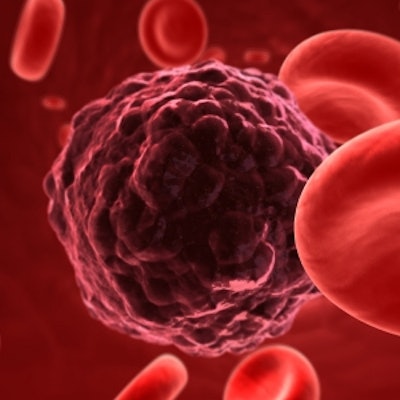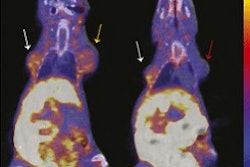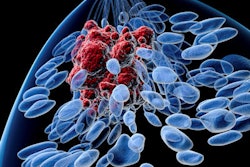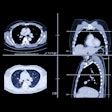
Women who were exposed to high levels of the pesticide dichlorodiphenyltrichloroethane (DDT) are at increased risk for breast cancer through age 54, but the cancer risk depends on the first exposure to the chemical compound, according to a study published February 13 in the Journal of the National Cancer Institute.
The researchers followed 15,528 women who participated in the Public Health Institute's Child Health and Development Studies for nearly six decades, tracking age at first DDT exposure, DDT levels during pregnancy, and age when breast cancer was diagnosed. They analyzed stored blood samples that had been collected from 1959 to 1967 during pregnancy at each trimester and in early postpartum to determine levels of DDT exposure.
Women exposed to DDT between the ages of 3 and 13 years had an increased risk for breast cancer before age 50 and also for later breast cancer at ages 50 to 54. Women who were exposed to DDT after age 14 only had an increased risk of breast cancer after menopause (ages 50-54) and were not at increased risk for breast cancer before the age of 50.
"The research ... suggests that DDT affects breast cancer as an endocrine disruptor, that the period of time between first exposure and cancer risk seems to be around 40 years -- and that other endocrine-disrupting chemicals could potentially simulate this kind of risk pattern," said lead author Barbara Cohn, PhD.



















